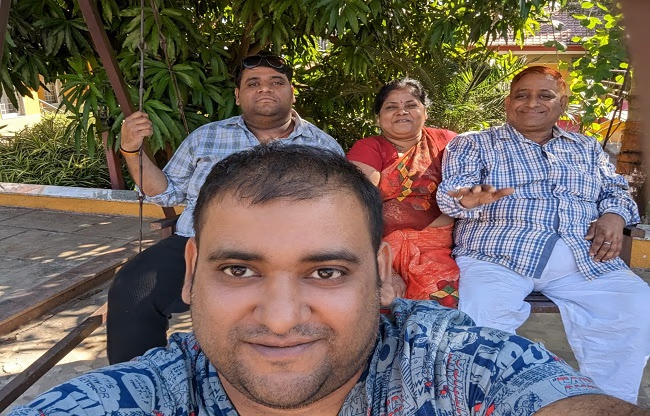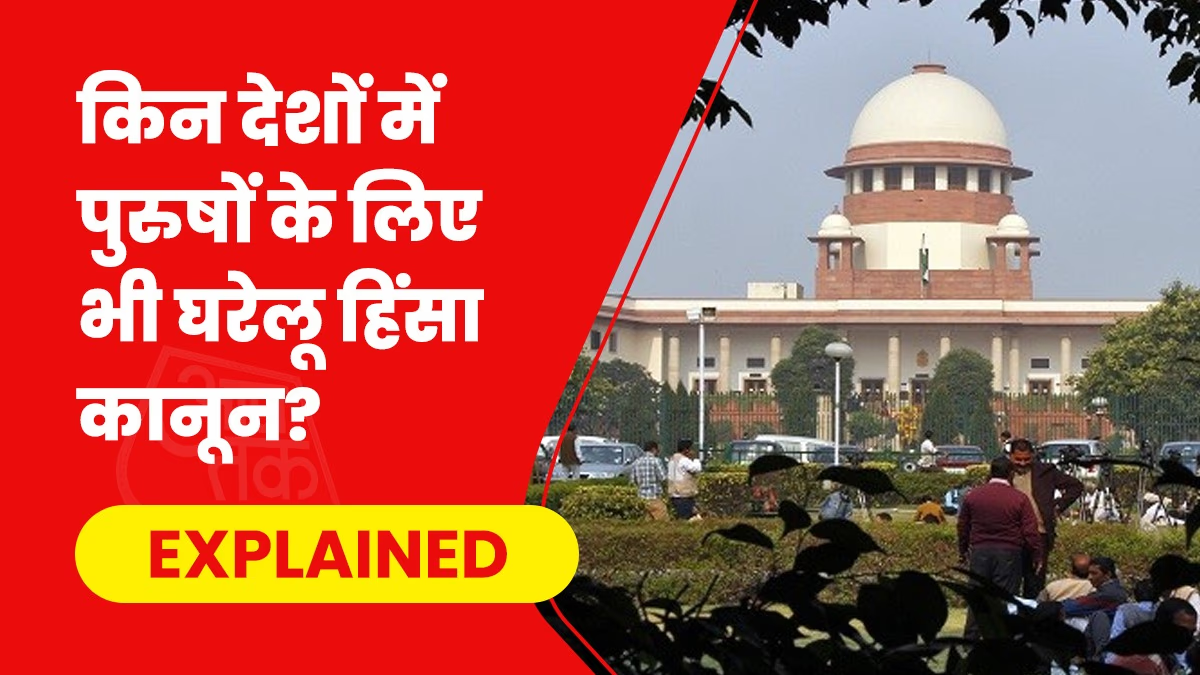Engineer Atul Subhash's suicide has ignited a significant conversation across the nation. India has stringent laws against dowry and domestic violence, ensuring women's safety. However, Atul's case suggests that some false accusations might arise due to these laws. The Supreme Court itself has noted an increasing trend of misuse concerning Section 498A, indicating that the law's original purpose might be counterproductive.
What is Section 498A?
Under this section, cruelty means any action causing severe physical or mental harm to a woman, inciting self-harm tendencies, or leading to suicide. Demanding money or valuable goods from a woman and pressuring her to fulfil these demands also fall under this section. It's a non-bailable offense, allowing police to arrest the husband or his family without a warrant, thus establishing its strict nature aimed at protecting women. However, its rigid enforcement has led to reports of misuse.
Atul's case is being categorized similarly. With the introduction of the Indian Penal Code (IPC), provisions like Section 498A now fall under Section 85, retaining their essence.

Source: aajtak
Countries with Anti-Dowry Laws beside India
- In Pakistan, the tradition of transactional exchanges in marriage persists. The Dowry and Bridal Gifts Restriction Act 1976 aims to curb this practice. - Dowry practices and related laws exist in Bangladesh and Nepal as well. - Other Asian countries practice gift exchanges during weddings, but not in the traditional dowry sense.
Greece also has a dowry history, akin to India. The practice was declared illegal in the 1980s, yet it still continues traditionally without the violence-related issues seen in other cultures. In several Muslim-majority countries like Turkey, exchanges occurred alongside 'mehr,' reducing reports of violence.
Countries Practicing Bride Price
Contrary to common dowry norms—where the bride's side provides to the groom—some countries follow opposite customs. In most African nations, the tradition of 'lobola' is prevalent, where the groom's family offers gifts to the bride's family as a form of gratitude for future household contributions. Monetary gifts, livestock, or essentials often represent lobola. However, the growing demand created pressures, complicating the practice similar to dowry issues.




